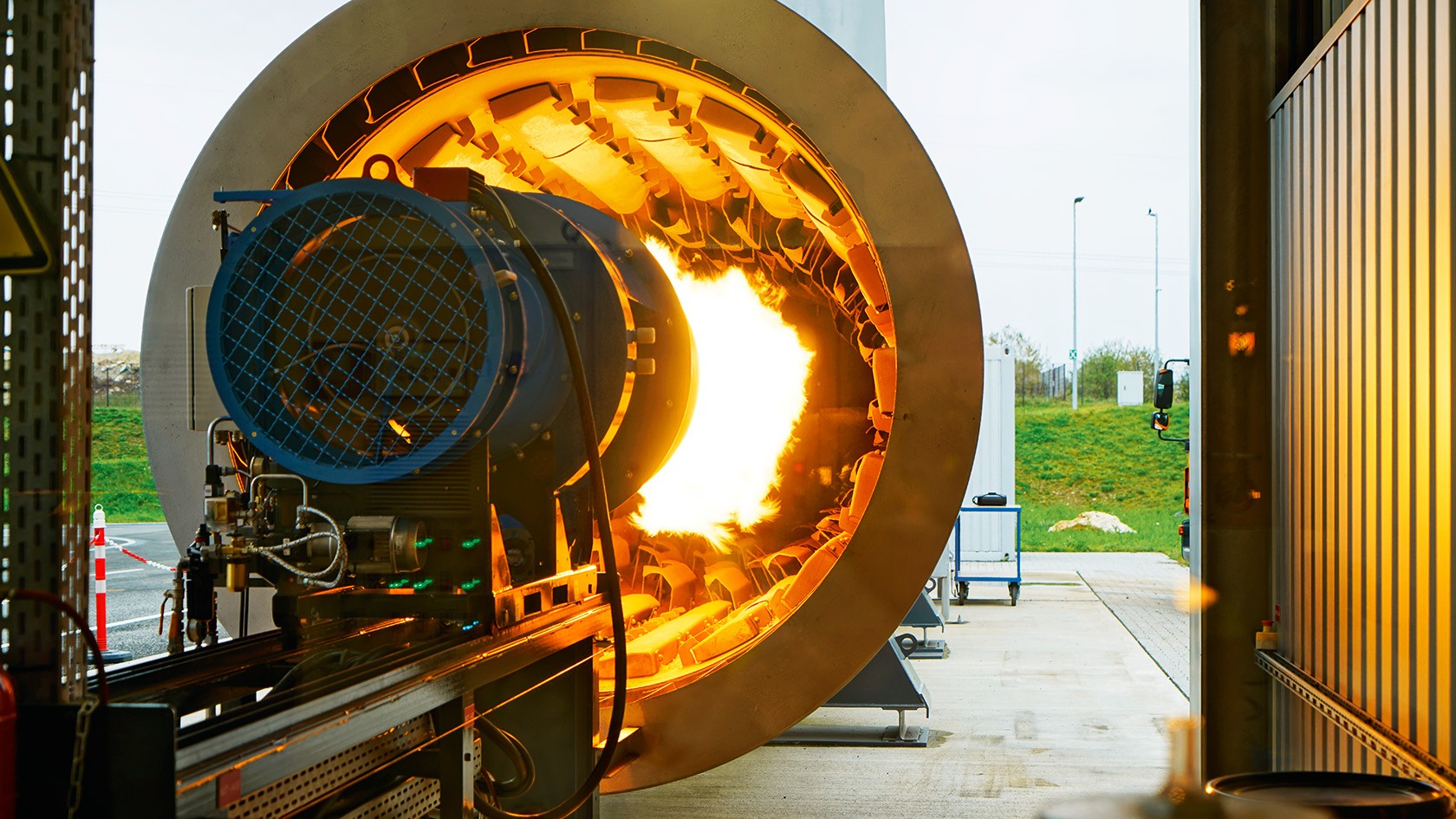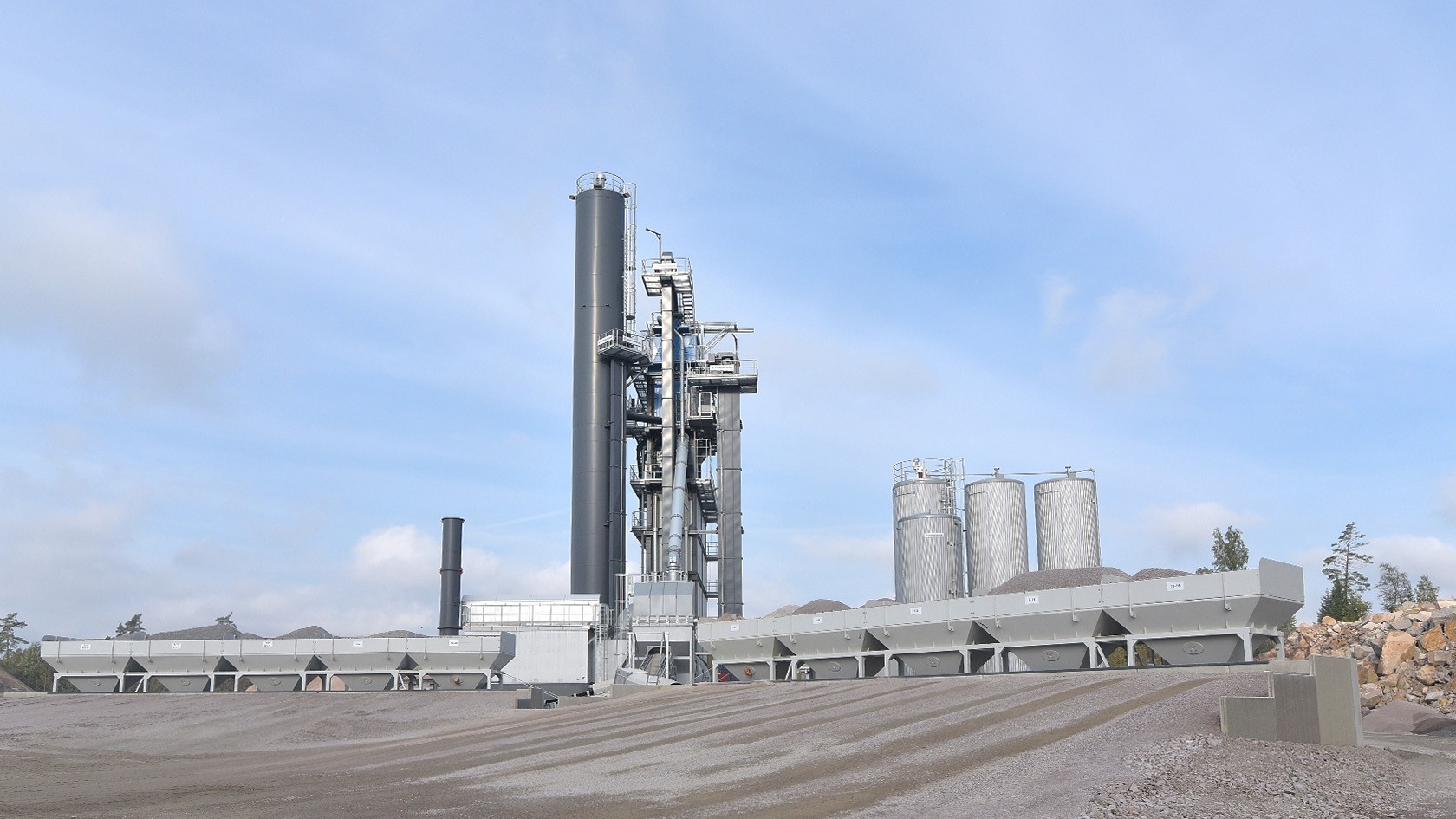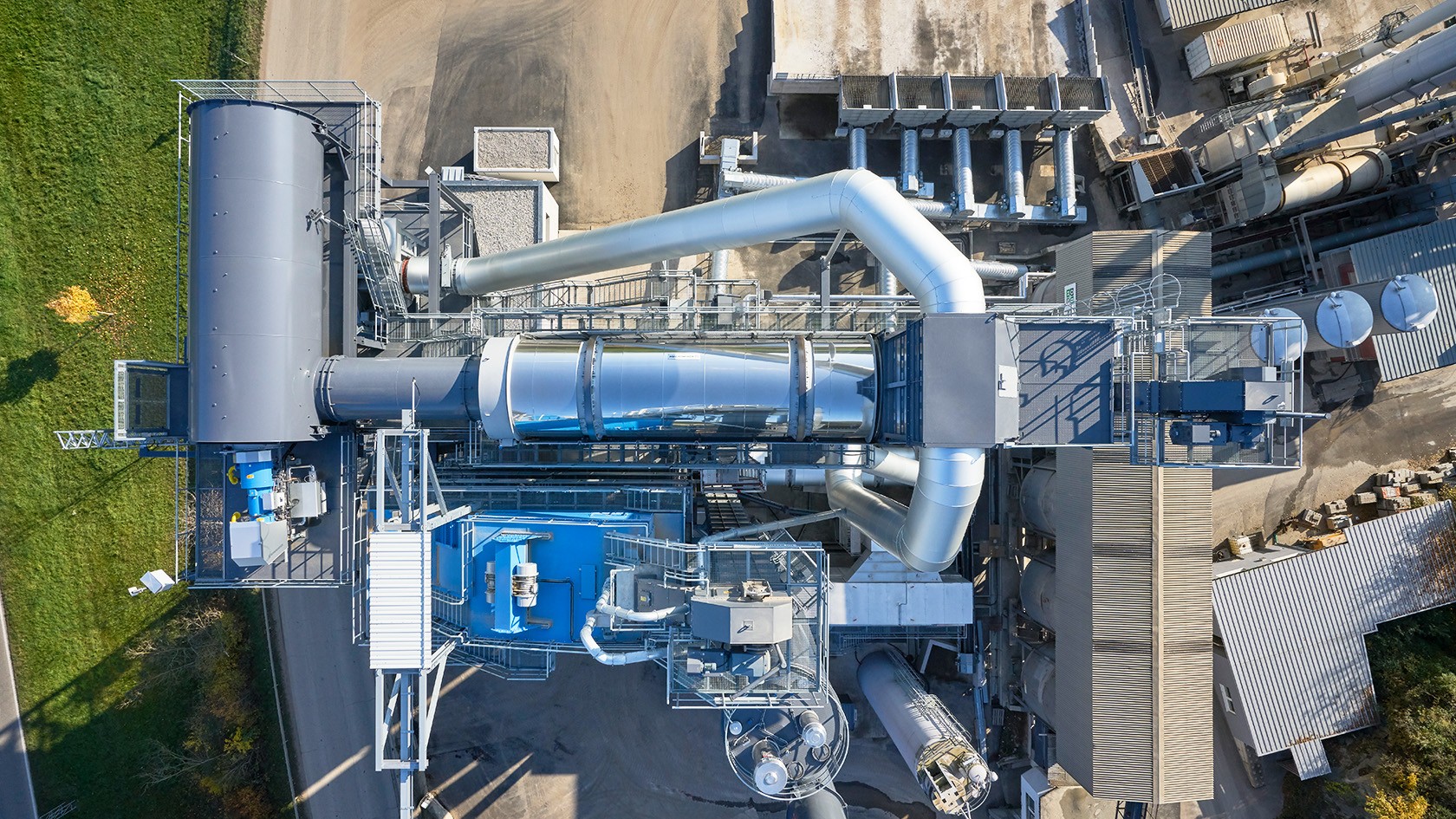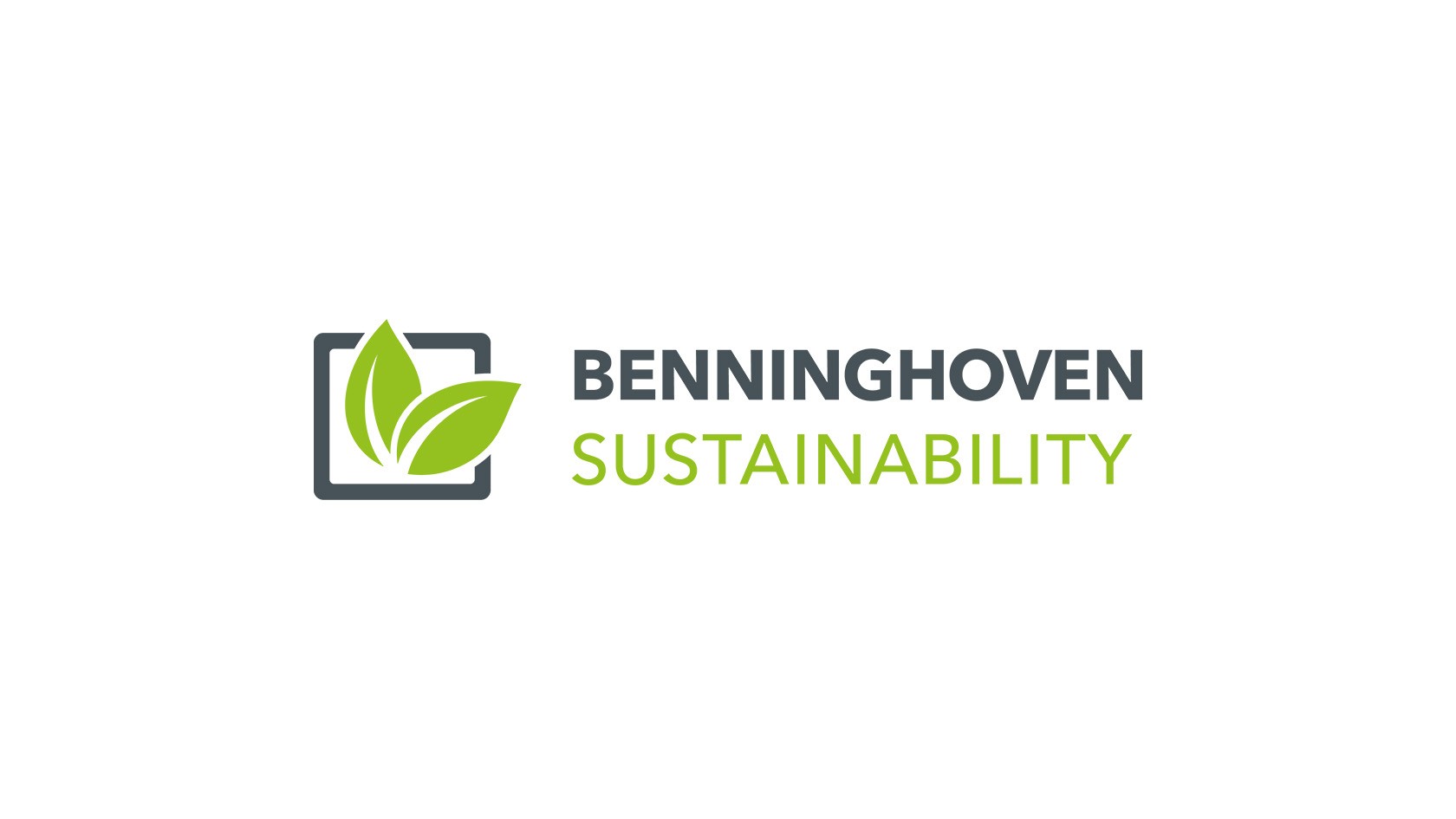

Environmentally friendly asphalt production with energy from biomass
When it comes to operation of an asphalt mixing plant that is as environmentally friendly and sustainable as possible, the burner technology in combination with the selected fuel offer the greatest potential. Benninghoven develops innovative solutions for this as well: The engineers have fully developed a technology that allows the burner of the EVO JET, which dries and heats virgin mineral and recycling material within the Benninghoven plants, to be run with biomass to liquid (BtL) fuels. These bio fuels can be produced from plant waste such as straw, wood or energy crops (e.g. corn or rapeseed). Using these renewable energy sources makes operation of asphalt mixing plants future-proof and increases the independence from conventional, i.e. fossil, energy sources.

“With the sustainable option of burning BtL in the EVO JET burner as well, we can give our customers greater flexibility and preparedness for the future.”
Steven Mac Nelly, Head of Research and Development
Benninghoven
Sustainability for the future
The times when companies did not have to worry about where their energy comes from are coming to an end. In many markets, coal will be discontinued as a fuel, and systems running on petroleum are also increasingly subject to stricter regulations and restrictions.
All these were good reasons for the Benninghoven development engineers to configure the EVO JET multi-fuel burners for another, more promising fuel: biomass to liquid. This allows owners of asphalt mixing plants to use Benninghoven burners, which have an excellent reputation in the industry, with a heating medium from renewable sources for the first time.
With the EVO JET “BtL burner”, companies can not only increase their independence of the raw materials market because they can use an another fuel in addition to coal, oil and gas – they can also make their asphalt mixing plant more ready for the future.


“We want to move forward. The innovative technologies from the Wirtgen Group are very important for this. And with BtL fuel, we have found a great option of running an even cleaner operation.”
Patrik Magnusson, Production Manager
Asfaltbolaget Sverige AB
The prototype has already been burning BtL from wood for some time.
During the development phase, Benninghoven equipped the asphalt mixing plant of the Swedish road construction company Asfaltbolaget Sverige AB with an EVO JET multi-fuel burner with BtL capability. As BtL fuel is relatively viscous, it is first heated to processing temperature and then transported in heated and insulated pipes. Asfaltbolaget relies on BtL produced from wood. This renewable energy source is supported and promoted by the Swedish state.
By using this innovative energy source, Asfaltbolaget demonstrates its focus on the future and its will to improve. “We want to move forward. The innovative technologies from the Wirtgen Group are an important contribution towards this. They help us to work efficiently and achieve high-quality results. And with BtL fuel, we have found a great option of running an even cleaner operation”, explains Production Manager Patrik Magnusson.
Benninghoven helps with the burner configuration for BtL
In the case of Asfaltbolaget, the challenge of this process lies in the wood as a natural raw material, which has a varying chemical composition. These fluctuations affect the BtL end product. This would normally result in more work for the operator, as the burner parameters would have to be continuously adapted.
The customer therefore sends their heating medium to Germany in a stainless steel container so the correct basic parameters for the burner can be configured at the Benninghoven factory. Benninghoven tests the fuel and sets up the burner with the optimum parameters so the values can be adopted directly on site in Furuby in southwest Sweden.

Mobile crushing and screening systems from Kleemann, which Asfaltbolaget runs with electricity, produce the starting materials directly on site. These are then turned into asphaltic mixtures in a Benninghoven asphalt mixing plant type TBA 3000.
From wood to liquid biomass (BtL): This is how it works.
Green technology increases economic efficiency
With the EVO JET burner for BtL, Benninghoven once again highlights its pioneering role when it comes to green technology. The recycling technology for the worldwide highest recycling addition of 90 +X % reclaimed asphalt into the mixing process is another Benninghoven innovation. Your name: Recycling drum with hot-gas generator with counterflow action.
Learn more about the Benninghoven top-level recycling technology with a hot-gas generator.








